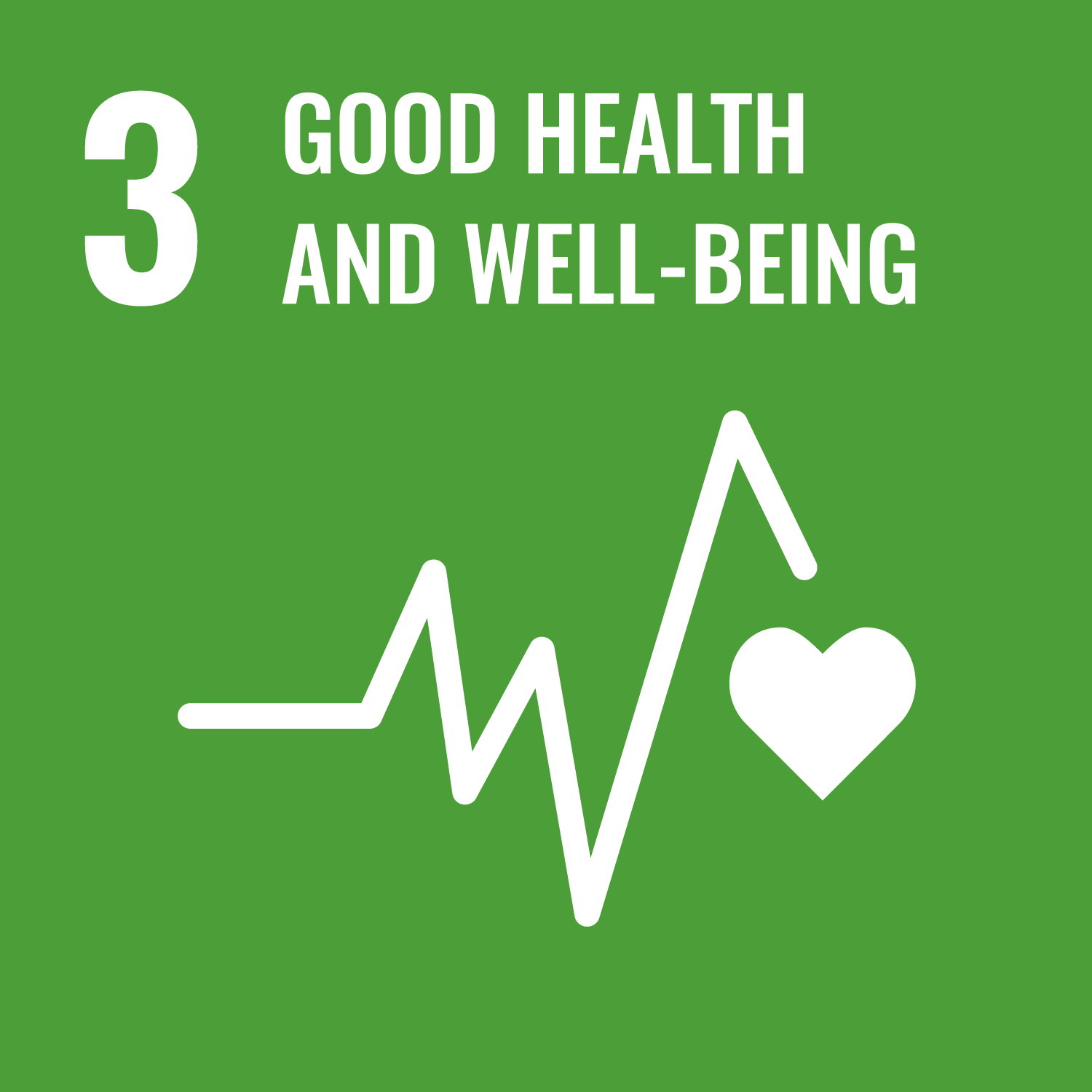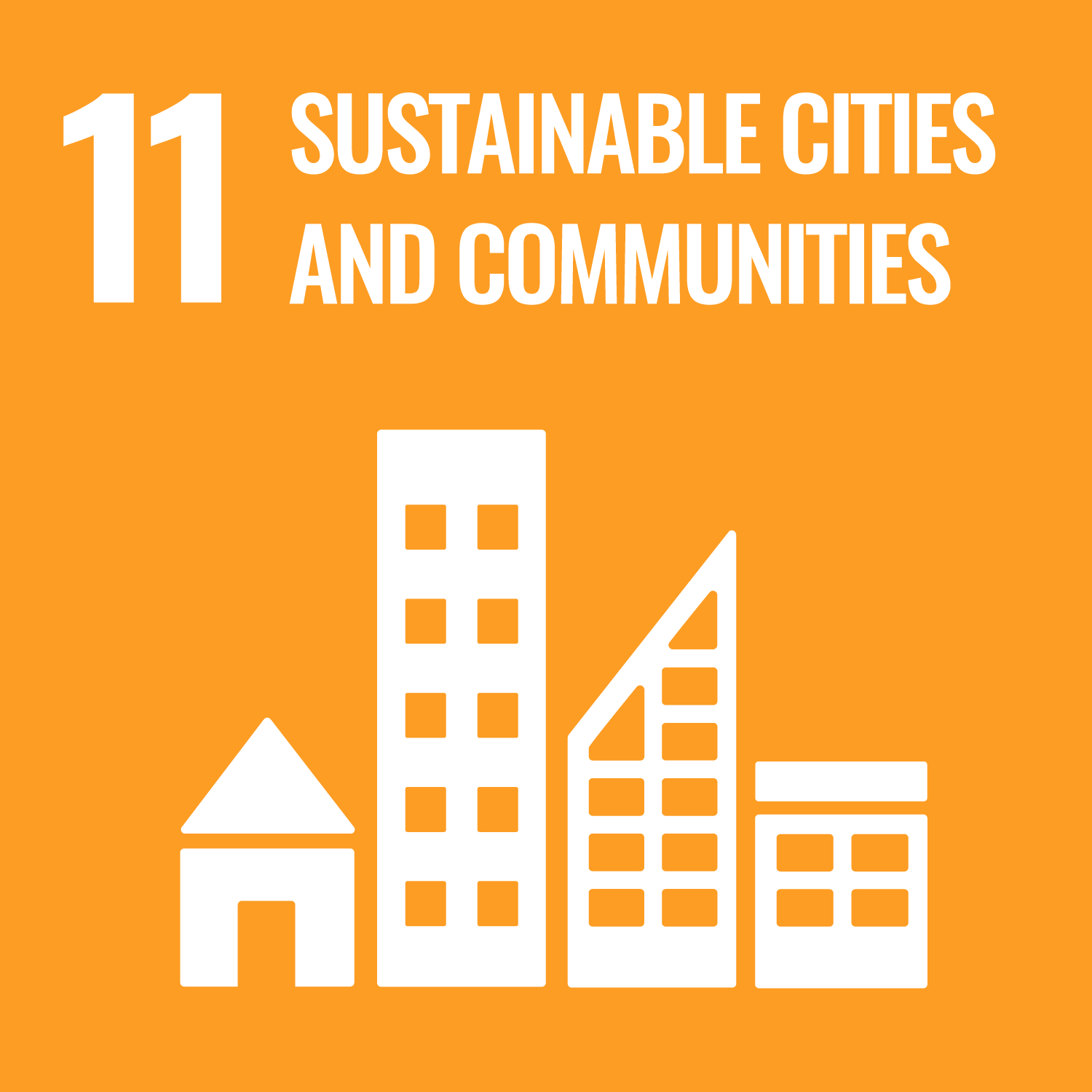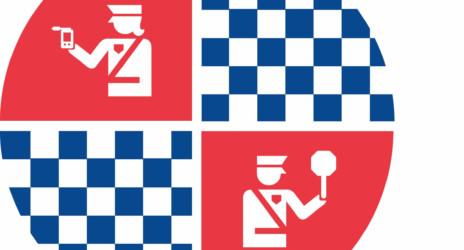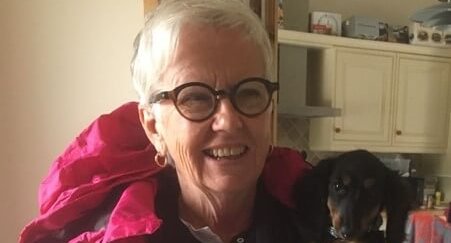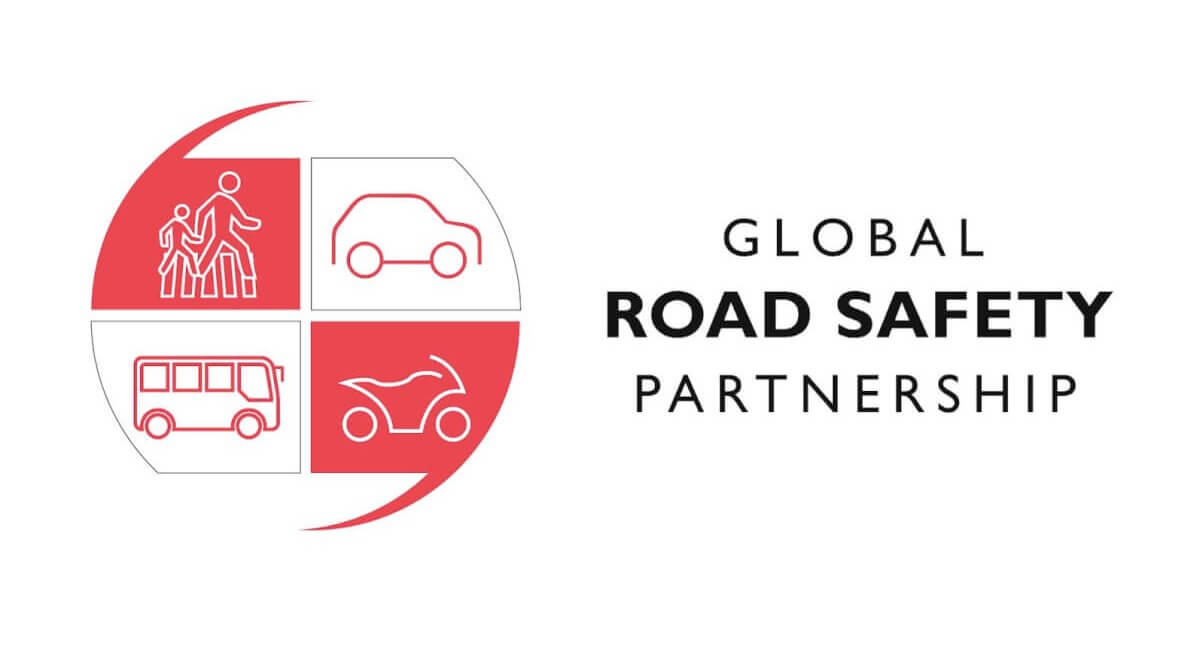The Afyon Story – First Major Milestone Achieved
 Afyonkarahisar (Afyon) is a city of around 175,000 people in western Turkey. In June 2010 it had been selected as one of two pilot cities in Turkey in which projects would be conducted by GRSP through the Bloomberg Philanthropies funded Road Safety in 10 Countries programme.
Afyonkarahisar (Afyon) is a city of around 175,000 people in western Turkey. In June 2010 it had been selected as one of two pilot cities in Turkey in which projects would be conducted by GRSP through the Bloomberg Philanthropies funded Road Safety in 10 Countries programme.
At that time, wearing a seat-belt was simply not the societal norm and therefore barely considered by drivers and passengers alike, with baseline studies reporting a seat-belt wearing rate of only 8%. The project then in Afyon was to look at changing driver behaviour in the long term with a target of increasing seat-belt wearing rates to 50% by end 2012, and to 70% by end 2013.
A team was created using the GRSP multi-sectoral approach, representing government, the traffic branch, enforcement bodies and the educational sector. This team prepared a brief for four key stakeholders in the hope of gathering crucial support for the project: the governor of Afyon, the security director, mayor and the rector of the university.
The approach of the project was to follow an education and enforcement methodology – but importantly, it was to take a ‘top down’ approach, whereby the practice of wearing a seat-belt was adopted at the highest levels and enforcement took a fair, no exception policy.
The governor issued a circular requiring all public institutions to adhere strictly to the seat-belt wearing policy. Even media campaigns were launched wherein the four key Afyon leaders, the governor of Afyon, the security director, mayor and the rector of the university, were all shown adhering to and promoting the directive. (Pictured above).
Printed media, TV, radio and ambient advertising were all used to build awareness and educate the public, and fair and continuous enforcement followed.
Monitored and evaluated by Johns Hopkins University, the end 2012 target of an increase to a 50% seat-belt wearing rate has been achieved and was applauded by United Nations Secretary-General Ban Ki-moon.
The work continues in earnest in 2013, with the year-end target of 70% now an ambitious, but achievable reality.
